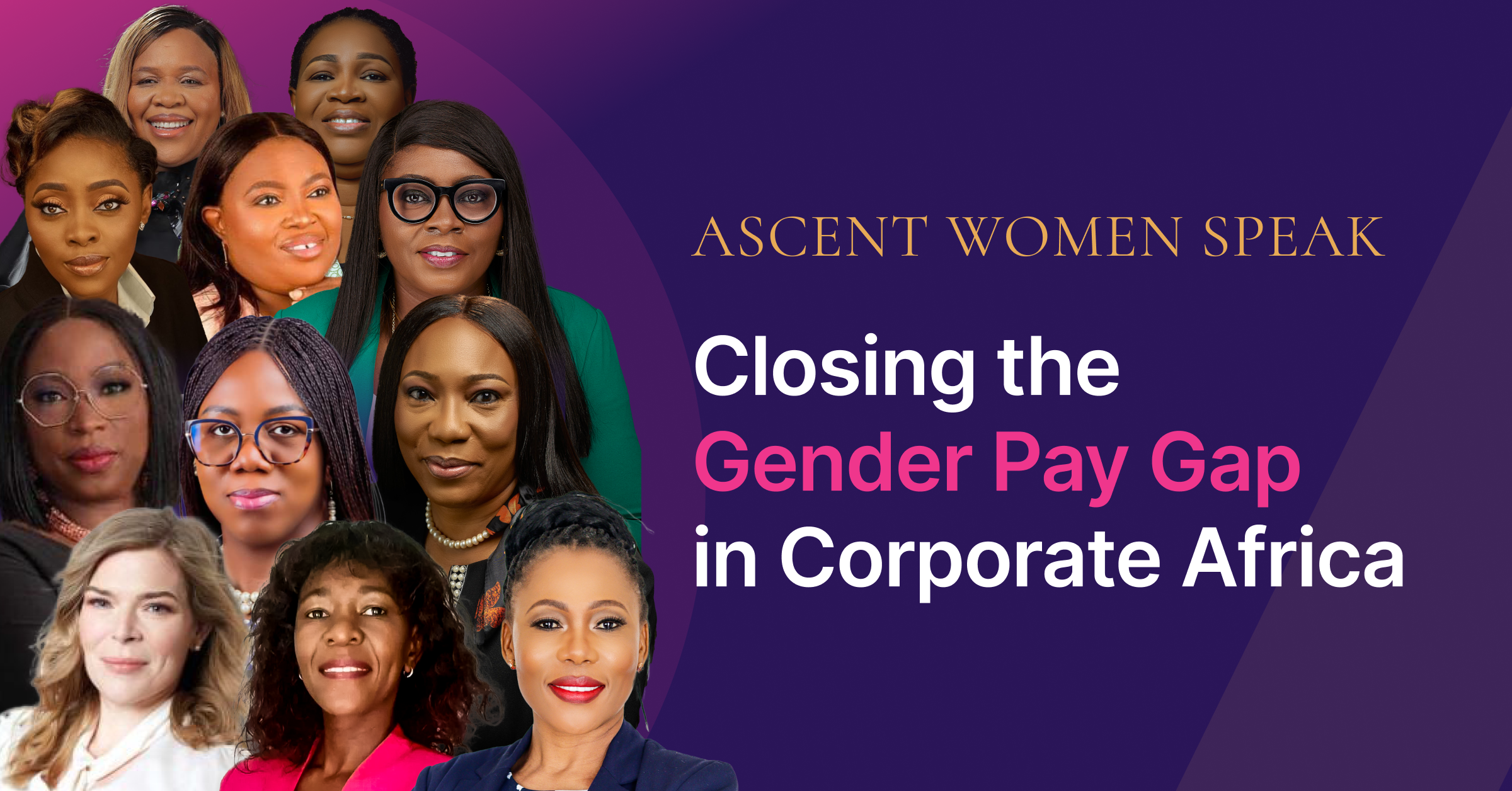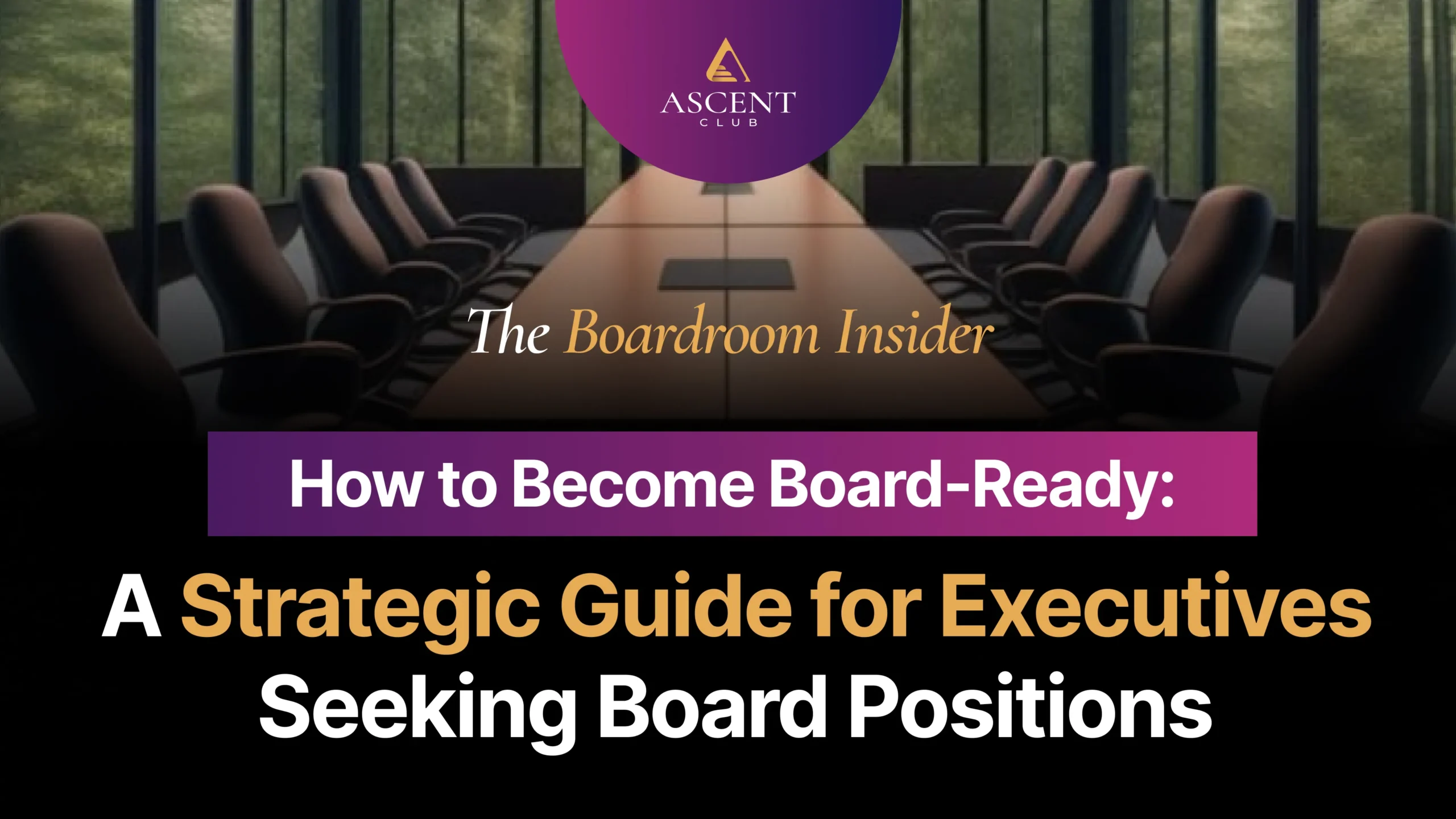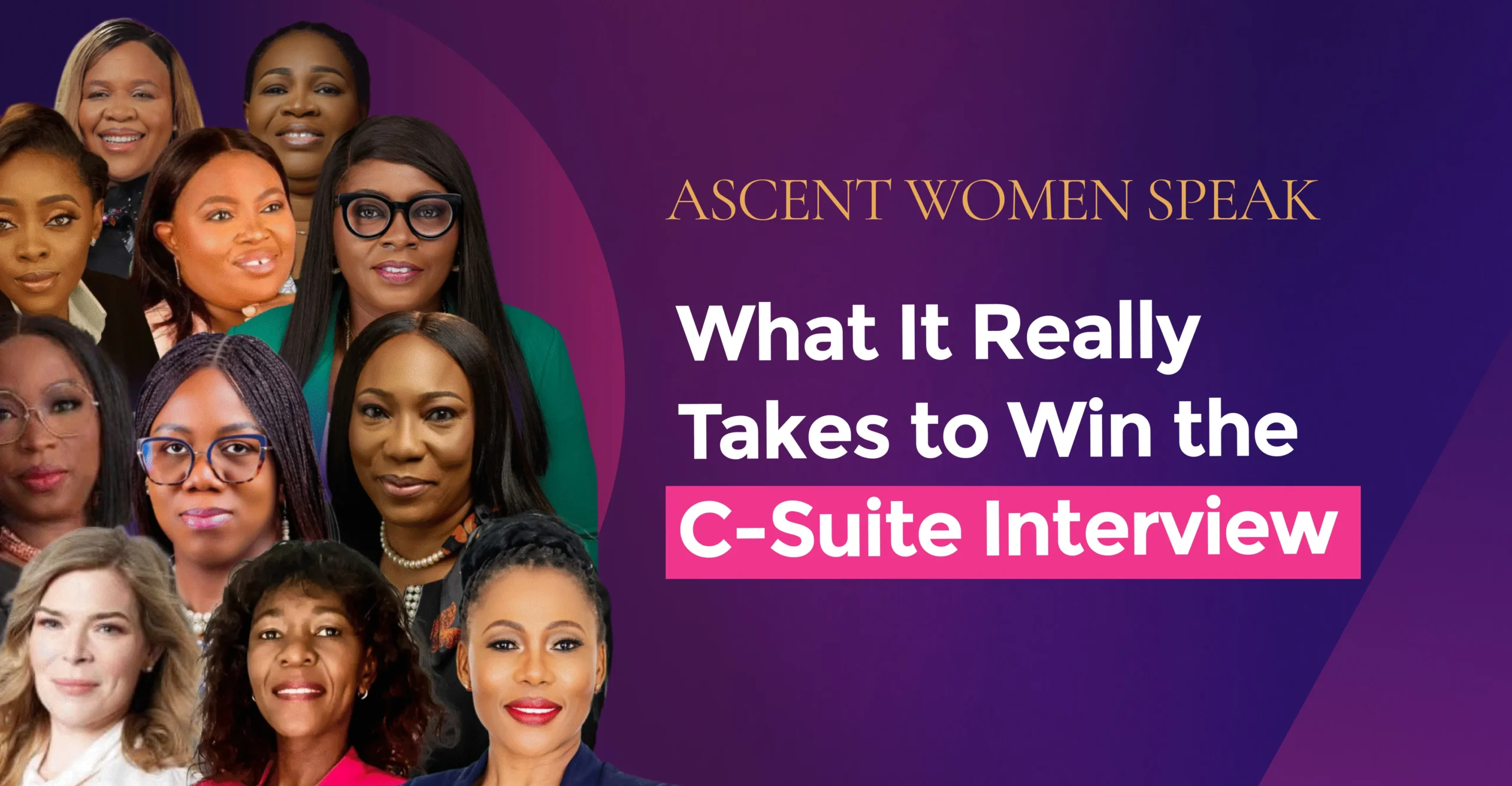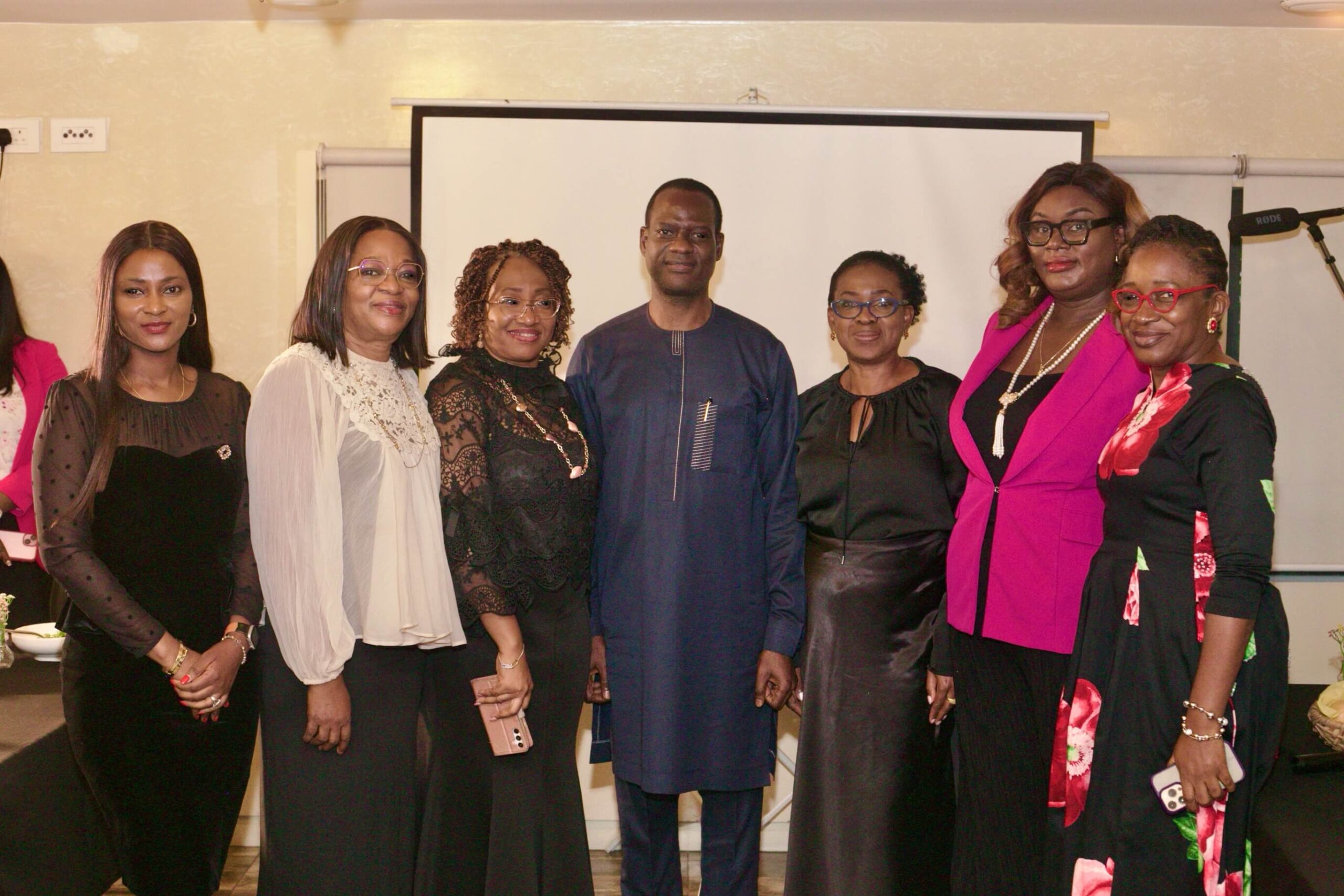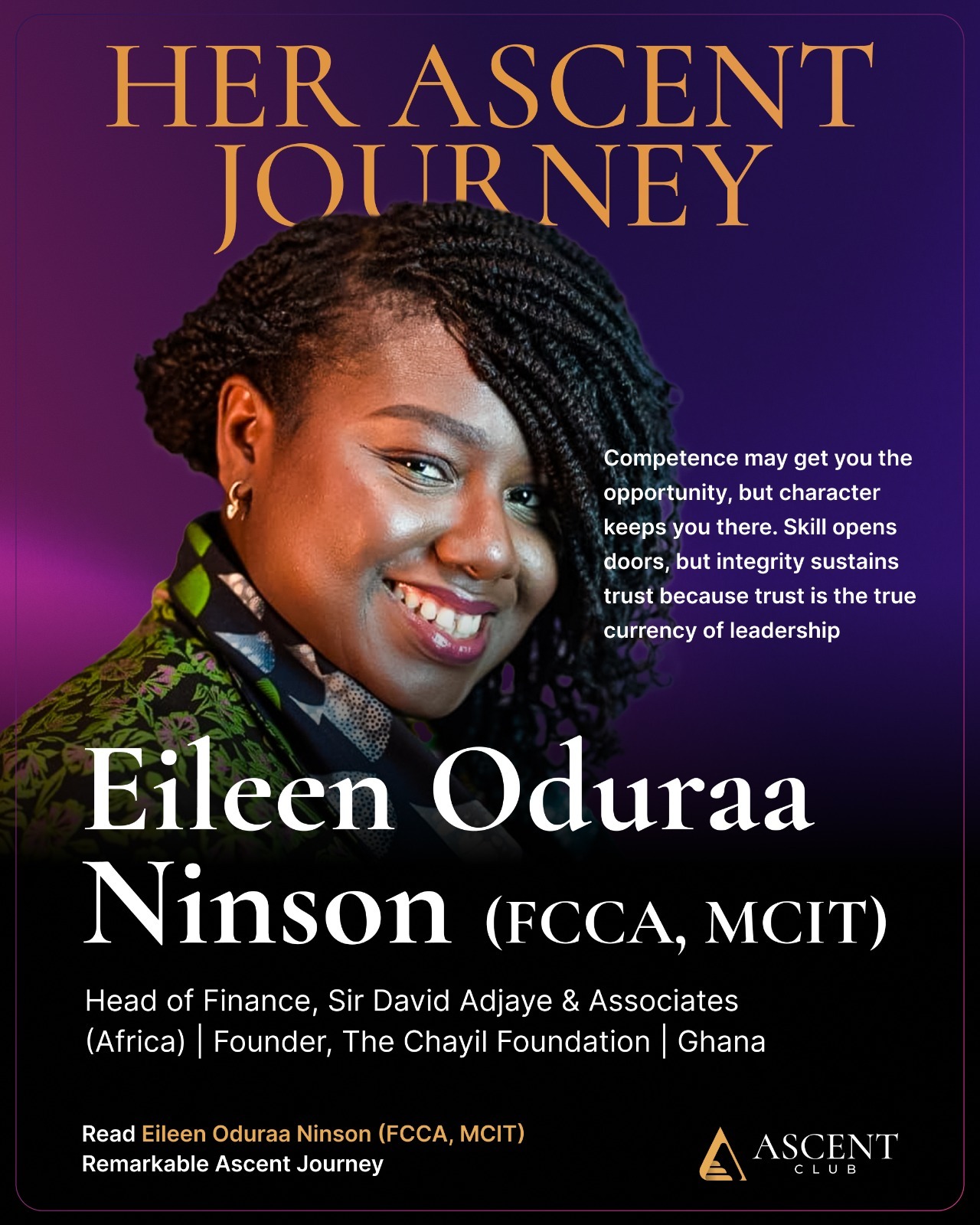Introduction
The gender pay gap in corporate Africa remains one of the most pressing and persistent challenges in leadership and equity. While some progress has been made with “equal pay for equal work” policies, cultural expectations, structural inequities, and the underrepresentation of women in leadership continue to drive disparities.
At Ascent Club, we believe meaningful change begins with dialogue. So, we asked women across our community:
“Do you think we still have a gender pay gap in corporate Africa? Why so, and what bold, practical actions should organisations take to close it once and for all?”
Their voices, shaped by lived experiences and professional insight, reveal both the realities of the gap and the pathways to close it.
1. Representation & Leadership: Beyond Equal Pay on Paper
Sarah Ajose-Adeogun, Managing Partner, Teasoo Consulting
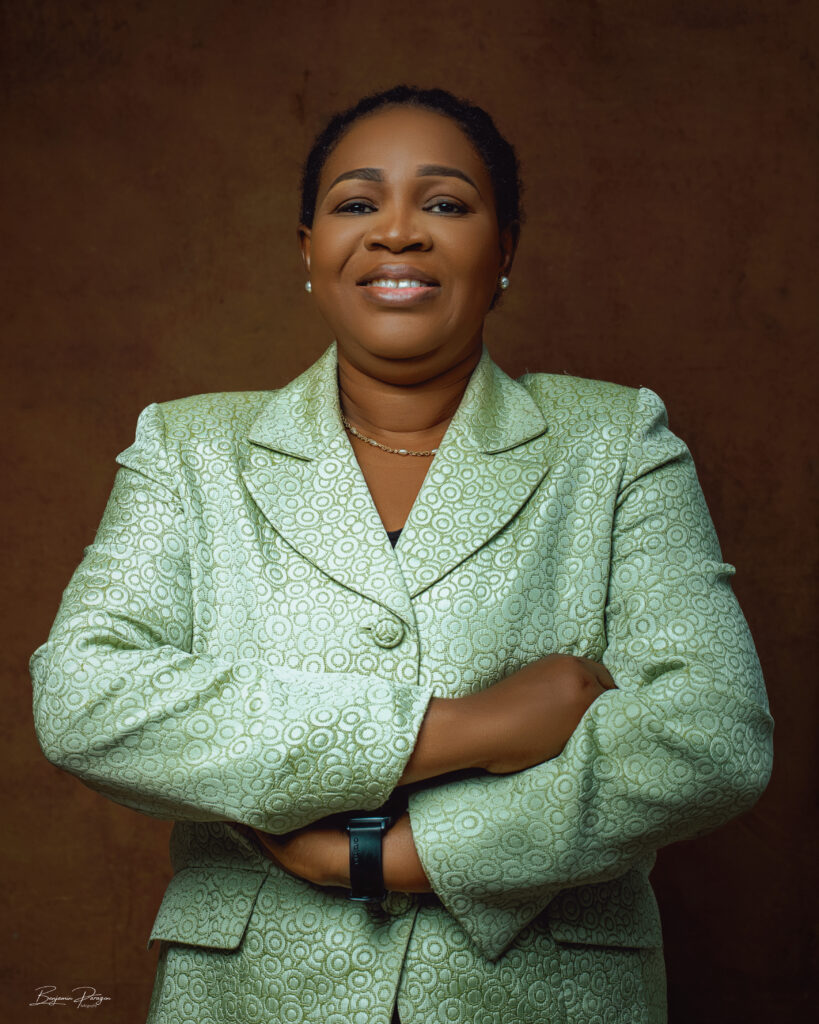
“The primary driver of the gender pay gap is not unequal pay for the same role, but the underrepresentation of women in leadership and senior positions. With fewer women in decision-making roles, there are naturally fewer opportunities for them to earn higher salaries.”
Sarah calls for transparent pay audits, sponsorship of women into leadership, and flexible work policies. Her message is clear: pay parity is meaningless if women aren’t in the rooms where the biggest salaries are earned.
Joy Ojakovo, Manager, Nigerian Breweries
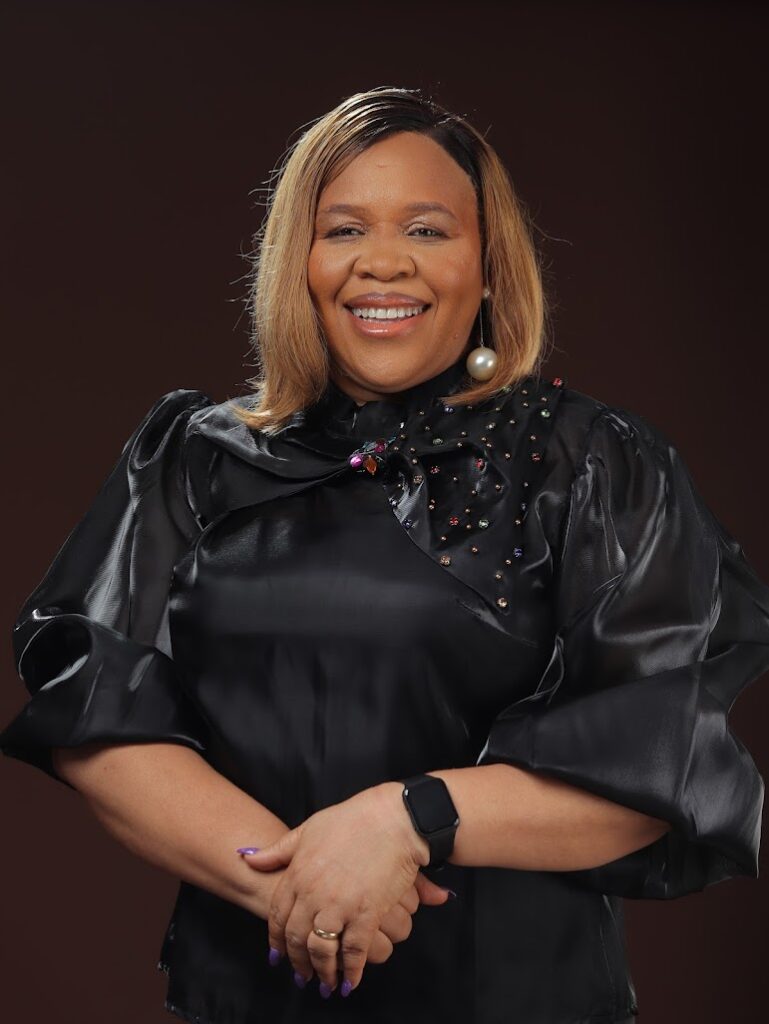
“We can close the gender pay gap with bold actions: mandate pay transparency, set clear leadership targets for women, and establish sponsorship programmes to actively champion women into senior roles.”
Together, these perspectives highlight that representation + sponsorship are as important as equal pay policies.
2. Transparency & Accountability: From Silence to Action
Otasowie Ena-Umweni, GM, Business Development Digital Services.

Fair pay starts with fair design. When compensation follows a structured, gender-neutral scale, equity becomes the standard—not just a goal.
Grace Osita Amadi, General Manager, Partner Relations, Seplat Energy Plc
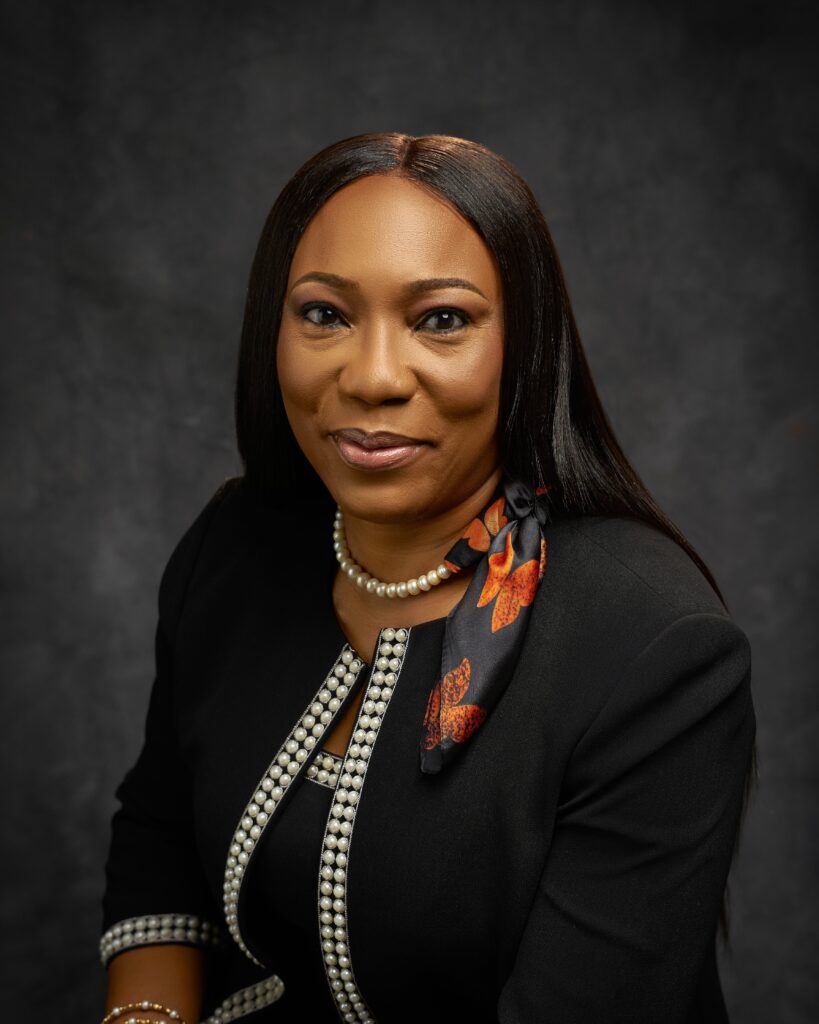
“Shell publishes annual diversity and pay equity reports. BP uses structured interviews. Unilever conducts annual pay-gap analyses. Transparency isn’t just about compliance, it’s about embedding equity in systems and culture.”
Together, these voices show that equity isn’t achieved by token compliance, but by building fair systems, eliminating bias in recruitment, and holding leaders accountable for results. Whether through confidential but structured pay scales or public disclosure and reporting, the goal is the same. Embedding equity into the very culture and operations of organisations.
3. STEM & The Pipeline Problem
Mpono Mosaase, Commissioner, Revenue Services Lesotho
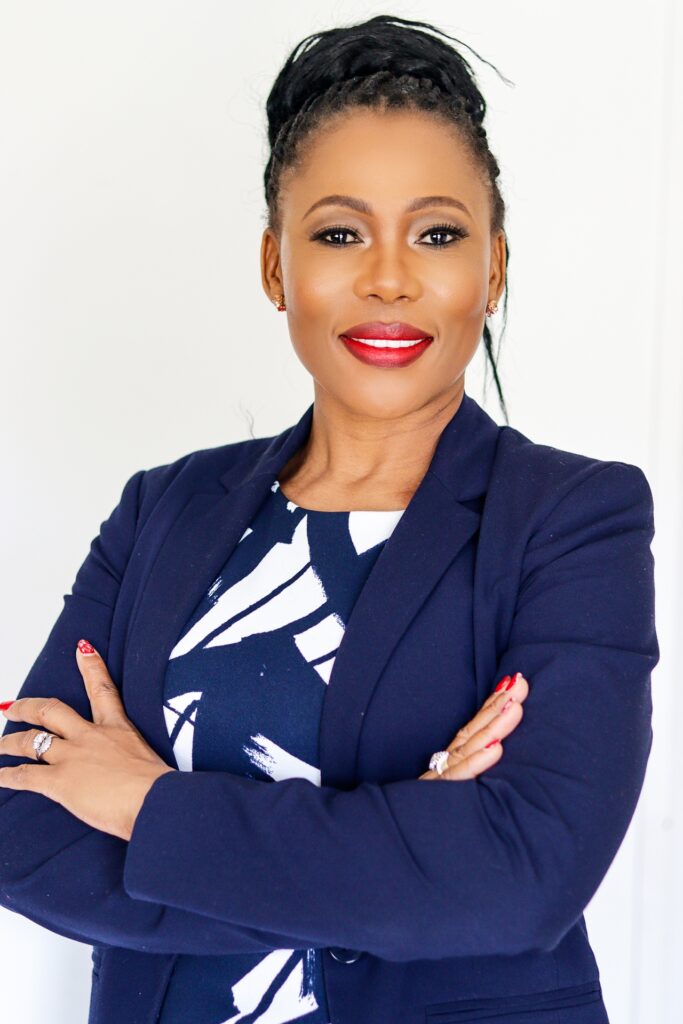
“Factors such as unconscious bias and underrepresentation of women in STEM careers continue to fuel the gap. Scholarships and measurable diversity targets are practical steps organisations must take.”
Bukola Ariyibi, Group Head, Corporate Transformation, ARM Holding Company, Nigeria.
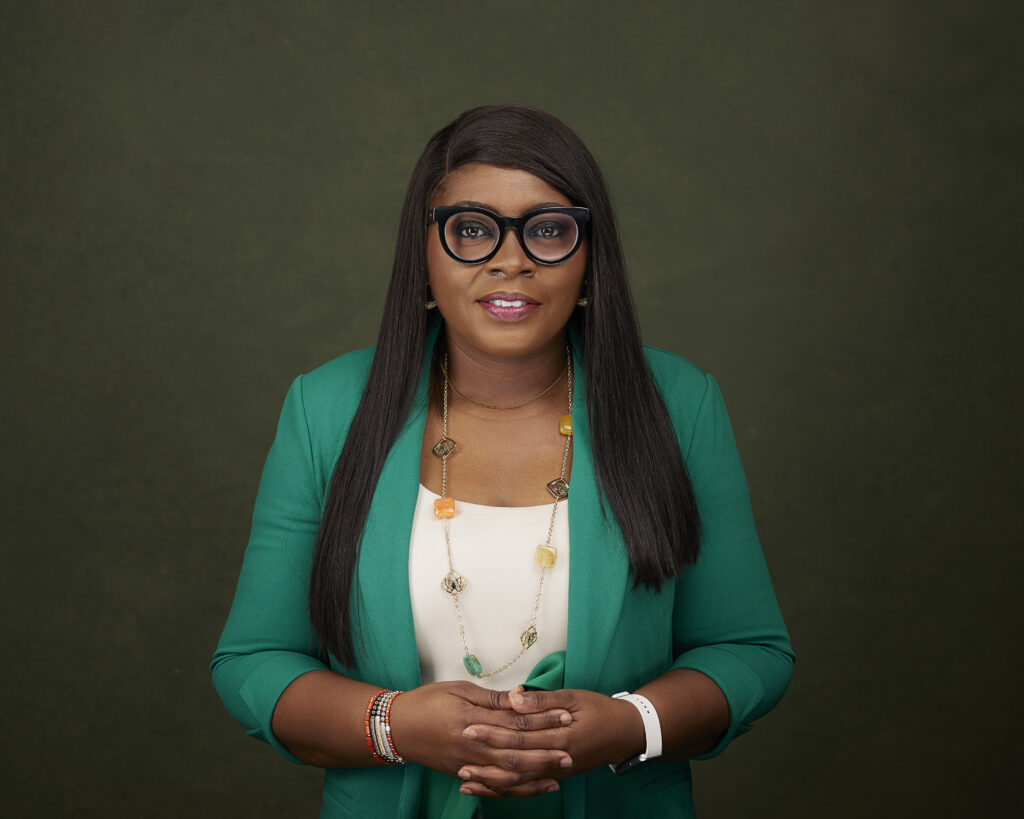
“A significant portion of women operate in the informal sector with lower earning potential. Men dominate finance and technology roles where salaries are higher. Expanding access to STEM education and enforcing equity policies beyond tokenism are essential.”
Here, the message is generational: today’s inequities won’t close unless tomorrow’s pipeline is fixed.
4. Cultural Barriers: Care, Negotiation & the Motherhood Penalty
Tendai Simenda, Category Director, FMCG

“Women tend to be concentrated in functions that generally pay less. The motherhood penalty, where maternity breaks reduce earnings and advancement, remains a major driver of inequality.”
Ebere Okwarabizie, Head, HR & Admin, Propetrol Limited

“Limited pay transparency and non-standardized pay structures in many African markets reinforce bias in compensation decisions. To achieve gender pay parity, organizations should regularly analyze and address pay inequities while also tackling bias in hiring, evaluations, promotions, and development opportunities to prevent recurrence.”
Wanda Serkowska, EMEA Sales Executive, Equinix Inc

“Men in leadership often remain in boys’ clubs. To change that, they must consciously make an effort to see things differently and build networks that support women.”
These insights show that culture shapes compensation as much as policy. Solutions must therefore tackle both bias and caregiving burdens.
5. Data & Reality Checks
Folasade Femi-Lawal, Country Manager & Area Business Head, West Africa, Mastercard

“Closing the gender pay gap unlocks Africa’s vast potential. When we ensure equal opportunities for all, regardless of gender, we empower communities to thrive, foster innovation, and lay the foundations for lasting prosperity. Addressing this disparity is essential to building a stronger, more inclusive future for Africa..”
Gbemisola Ope, Head P&C Ghana, Amafeus

“Across Africa, women earn 19–30% less than men, particularly in finance, tech, and healthcare. Governments must strengthen equal pay legislation, while corporations enforce transparent pay structures and equity training.”
Together, these voices highlight both the cost of inaction and the opportunity of progress: the gender pay gap is not only measurable and persistent, but also a barrier to Africa’s economic and social transformation.
✦ Ascent’s Roadmap: 5 Bold Actions for Pay Equity
Drawing from these lived experiences, we outline a clear roadmap:
- Audit & Disclose – Regular pay audits, transparent salary bands, and public reporting.
- Representation – Sponsor women into senior leadership and set measurable targets.
- STEM & Pipeline – Scholarships, mentorship, and recruitment to boost female presence in high-paying fields.
- Culture Change – Bias-free recruitment, flexible work, childcare support, and valuing women’s roles. The motherhood penalty. Creating structures that reverse motherhood penalty.
- Accountability – Link executive KPIs to diversity and pay equity outcomes.
Conclusion
The voices of these accomplished women make it undeniable: the gender pay gap in corporate Africa is not imagined. It is real, persistent, and deeply rooted in culture, structures, and representation.
For us at Ascent Club, pay equity goes far beyond fairness, it is a catalyst for sustainable growth and leadership. When organisations embrace transparent pay, increase women’s representation in leadership, and reimagine workplace culture, they unlock the full potential of innovation, retention, and competitiveness.
This is the very work that drives us. At Ascent Club, we are committed to equipping ambitious African women with the visibility, sponsorship, and high-impact networks they need to rise and to thrive at the very top, in C-suite and boardroom roles across Africa and the world.
Want to be a part of this community of strong female voices? Apply HERE to join our exclusive community.

